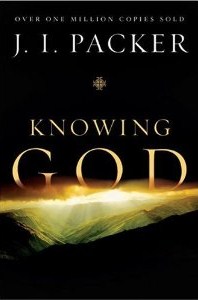He will flatter and win over those who have violated the covenant. But the people who know their God will be strong and will resist him.
Daniel 11:32, NLT*
This is part of Daniel’s prophecy about a future king who will conquer and destroy many nations and intend great harm to God’s chosen people. It also has a lesson for Christians today, in our own circumstances.
We have an enemy too—the enemy of our souls. How do we stand against the opposition and persuasion he sows? (Daniel warned of the enemy king’s flattery and winning over.)
Daniel tells us how. We have to know our God.
- Know His character. His ways. His commands.
- Know His ultimate power. Events unfold according to God’s timing. (The phrase “the appointed time” occurs three times in Daniel 11.)
- Know that He is bigger than our circumstances and thoughts. Focusing on this perspective keeps us from letting our problems loom larger than life.
How well do we know God? Biblical literacy is on the decline, and many people’s idea of God comes from a mix of Hollywood, hearsay, and maybe even heresy, depending on who they’ve been listening to.
To truly know God, we need to go to the source: the Bible. (tweet this) And we need to ask Him to reveal Himself in it.
God who is the Author and the Finisher of our faith, who knew the end from the beginning, and who reaches into our tangled lives to rescue and redeem us, help us to know You better. Help us live relying on Your character and following Your ways, so we can recognize and resist deception.
∞
There are many classic hymns that declare the wonders of God, but this newer song is the one that came to mind when I wrote this post: Magnificent, by Matt Redman.




